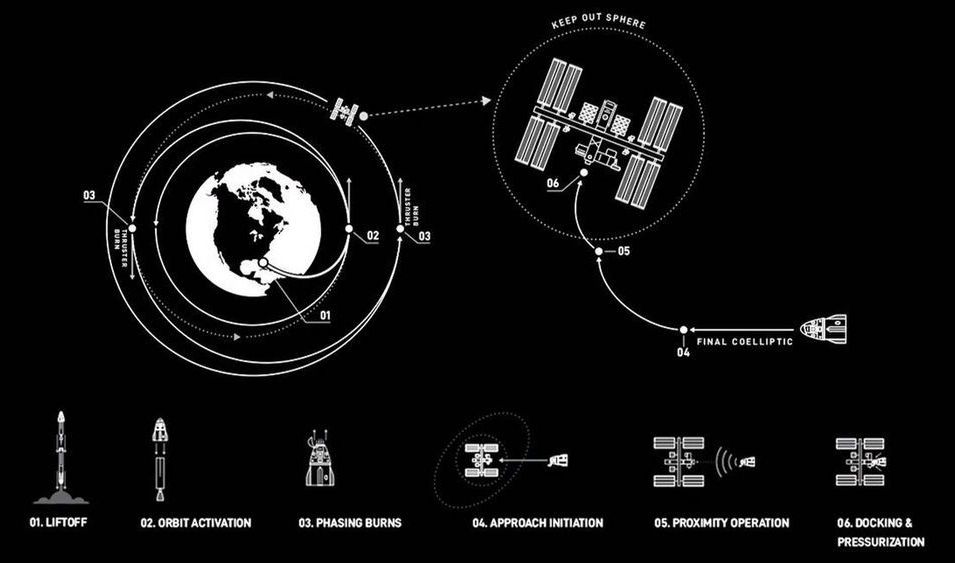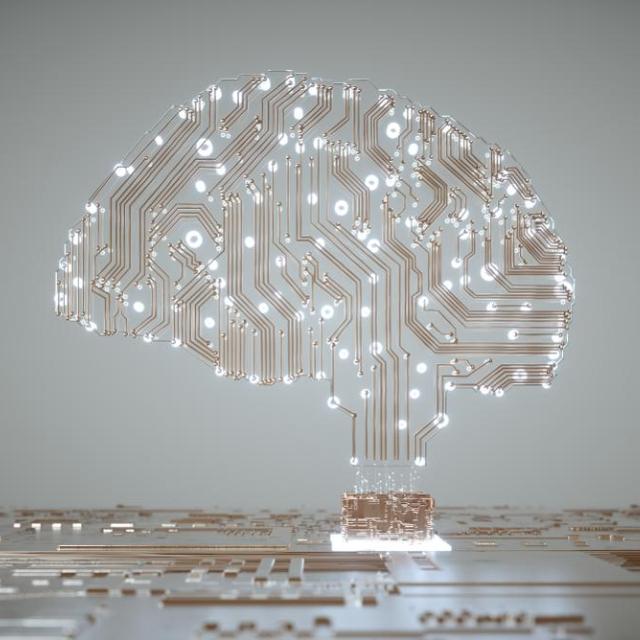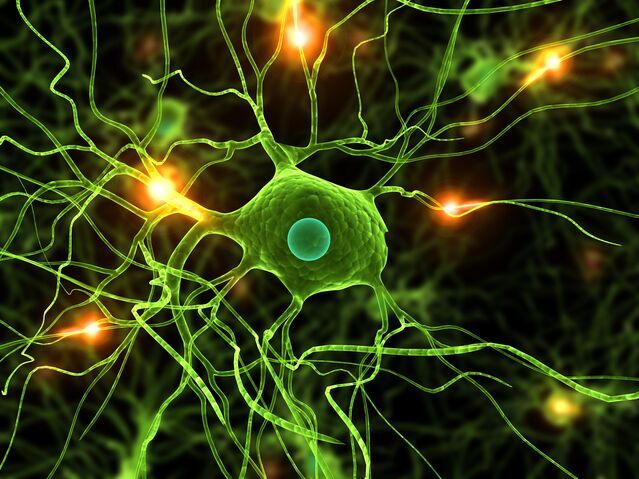
Brain injuries can vary greatly in their severity, but assessing the extent of the damage is far from a simple undertaking. Scientists in the UK have developed a new AI algorithm that could help narrow the margin for error, with the ability to detect and categorize different types of brain lesions to gauge the impact of an injury.
One of the tools doctors use to assess brain injuries is a CT scan, which can reveal signs of damage, such as lesions, on the brain. But analyzing these scans to reach a diagnosis is a time-consuming process for radiologists, and given the complex nature of the organ, it can see tell-tale signs often overlooked.
“CT is an incredibly important diagnostic tool, but it’s rarely used quantitatively,” said Professor David Menon, from the University of Cambridge and senior author of the new study. “Often, much of the rich information available in a CT scan is missed, and as researchers, we know that the type, volume and location of a lesion on the brain are important to patient outcomes.”


















